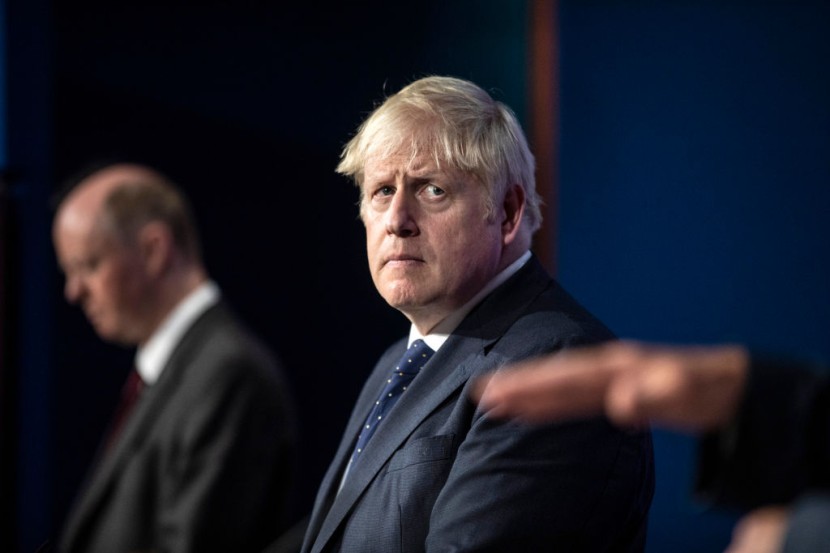
While sanctions on a number of MPs and peers remain in place, China's ambassador to the UK has been told he will not be allowed to visit Parliament. On Wednesday, Zheng Zeguang was scheduled to attend a Commons event given by the all-party group on China.
Speaker Sir Lindsay Hoyle and Lord Speaker Lord McFall ruled this out following protests. It was a "despicable and cowardly" choice, according to the Chinese embassy, that would undermine both nations' interests.
The embargo comes at a time when the two countries relations are strained. China placed travel bans and asset freezes on five members of parliament and two peers in March, accusing them of disseminating false information about the nation.
China sanctions five UK MPs
This was in response to the United Kingdom's decision to penalize Chinese officials for human rights violations in Xinjiang. Despite this, Zheng was invited to the China parliamentary group's summer celebration on the Commons terrace pavilion overlooking the Thames, as per BBC.
Sir Iain Duncan-Smith, Nusrat Ghani, Tom Tugendhat, Neil O'Brien, and Tim Loughton, the five Conservative MPs sanctioned, wrote to the Speaker last week to express their displeasure. Lord Alton, a crossbencher, and Labor's Baroness Kennedy, both sanctioned peers, wrote to the Lord Speaker.
China sanctioned ten UK groups and people in March for disseminating "lies and disinformation" about human rights violations in the Xinjiang area. Tom Tugendhat, Sir Iain, Neil O'Brien, Nus Ghani, and Tim Loughton, the British MPs sanctioned, have been in the vanguard of a campaign calling for penalties on China for the alleged widespread rounding-up of Uyghur Muslims.
Sanctions were also imposed on Lord Alton of Liverpool, a crossbencher, and Baroness Kennedy of The Shaws, a Labor Party member. Per The Telegraph via MSN, Boris Johnson immediately showed his solidarity, saying: "Freedom to speak out in opposition to abuse is fundamental and I stand firmly with them."
Western nations agree to impose sanctions against Chinese officials
Western nations agreed to penalize Chinese officials in Xinjiang for their alleged participation in the region's human rights violations, escalating tit-for-tat sanctions between Britain and China this year. Britain, Canada, the United States, and the European Union placed travel restrictions and asset freezes on Chinese officials, including the former chairman of the Communist Party's political affairs committee in Xinjiang, as part of the penalties.
Beijing responded a week later with sanctions against European politicians and scholars, as well as commercial companies like London legal firm Essex Court Chambers. The high-profile business has worked with anti-China activist groups including the World Uyghur Congress, an international organization that represents Uyghurs, a mainly Muslim minority in Xinjiang who have been accused of being mistreated by the Chinese government. The broad crackdown has been labeled "genocide" by the US State Department.
The Chinese Embassy in London said in a statement on Tuesday that the sanctions against British lawmakers were unquestionable because they were justified responses to unilateral sanctions imposed by the British side on relevant Chinese individuals and entities based on false information and under the pretext of alleged human rights violations in Xinjiang.
Some of the sanctioned British MPs urged for action to prevent the Chinese ambassador from appearing at an iconic house of British democracy in a draft letter to the speaker of the House of Commons, Lindsay Hoyle, seen by The Washington Post.
Related Article: China Investigates Development Bank Vice President For Suspected Corruption, Law Violations
@YouTube








